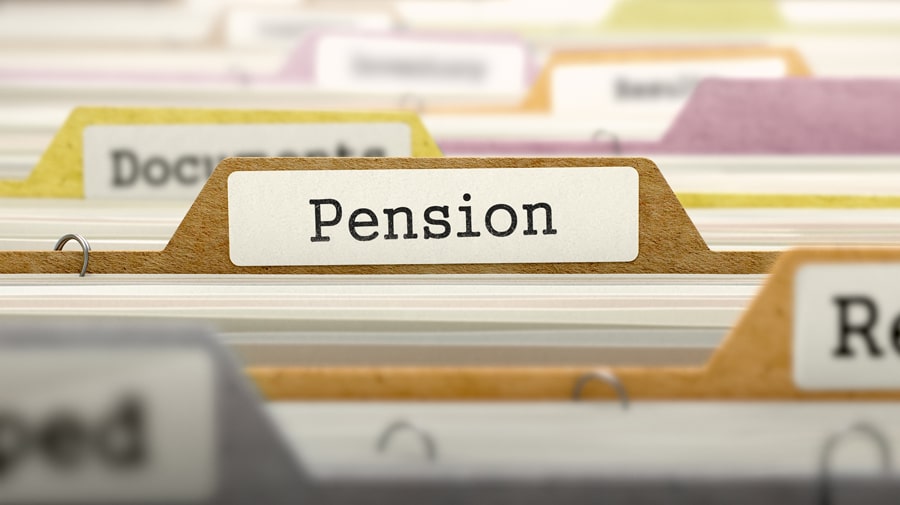The longer you put off this planning the harder it will become later to meet your future objectives, as you will have less time to save and less time for investment to work for you. Unless you are very lucky, job security later could also be a question mark.
Likewise many expat workers in employers accommodation forget to consider to put aside funds for such things as for example future school fee requirements offshore and perhaps more importantly a paid home to come back to or buy later in life. Savings can be done on a regular or ad hoc basis but the key thing is to get things rolling.
In France there are many tax efficient ways of saving for the future and such things as tax free bank accounts and assurance vie (lump sums investments) can be used to great effect. As an example, surplus income can be saved into a tax free savings account at the bank and then transferred to an Assurance Vie (see my publication on Assurance Vie on Linkedin for more information) when sufficient funds are available. This will provide a safe place and a nest egg for your savings and allows some access to your money should the need arise. There are “offshore” Assurance vie companies that also offer flexible contracts that become efficient for different parts of the world as an example should you move from France to the UK you can keep the same investment and it will become UK friendly.
If you are sure that your future is not eventually in France then we can consider more international products at the outset and these can be started with lump sums and allow additional funds later.
As an alternative, many clients prefer to save on a regular monthly or half yearly basis and also prefer that their funds are kept secure for a specific date in the future, such as retirement. Theses plans typically span 10 to 20 years and can be extremely efficient if left to term although may be less flexible for withdrawals during the life of the plan. In general premiums can be varied subjects to a minimum with premium holidays available and the plan can travel with you wherever you land later, with payments being taken from a bank/currency of your choice or credit card.
Once you have decided on your savings goals and needs, it is easy today to calculate how much will need to be saved over time to hit this target. Regular reviews will also be required to keep things on track but one thing is clear, each month you delay is a month less you have to save!
This communication is for informational purposes only and is not intended to constitute, and should not be construed as, investment advice, investment recommendations or investment research. You should seek advice from a professional adviser before embarking on any financial planning activity. Whilst every effort has been made to ensure the information contained in this communication is correct, we are not responsible for any errors or omissions.

 The Government has revealed that the proposed annuity flexibility plan which was announced in April 2015 – along with all the new pension flexibility changes that are now in force – is not going to go ahead.
The Government has revealed that the proposed annuity flexibility plan which was announced in April 2015 – along with all the new pension flexibility changes that are now in force – is not going to go ahead.